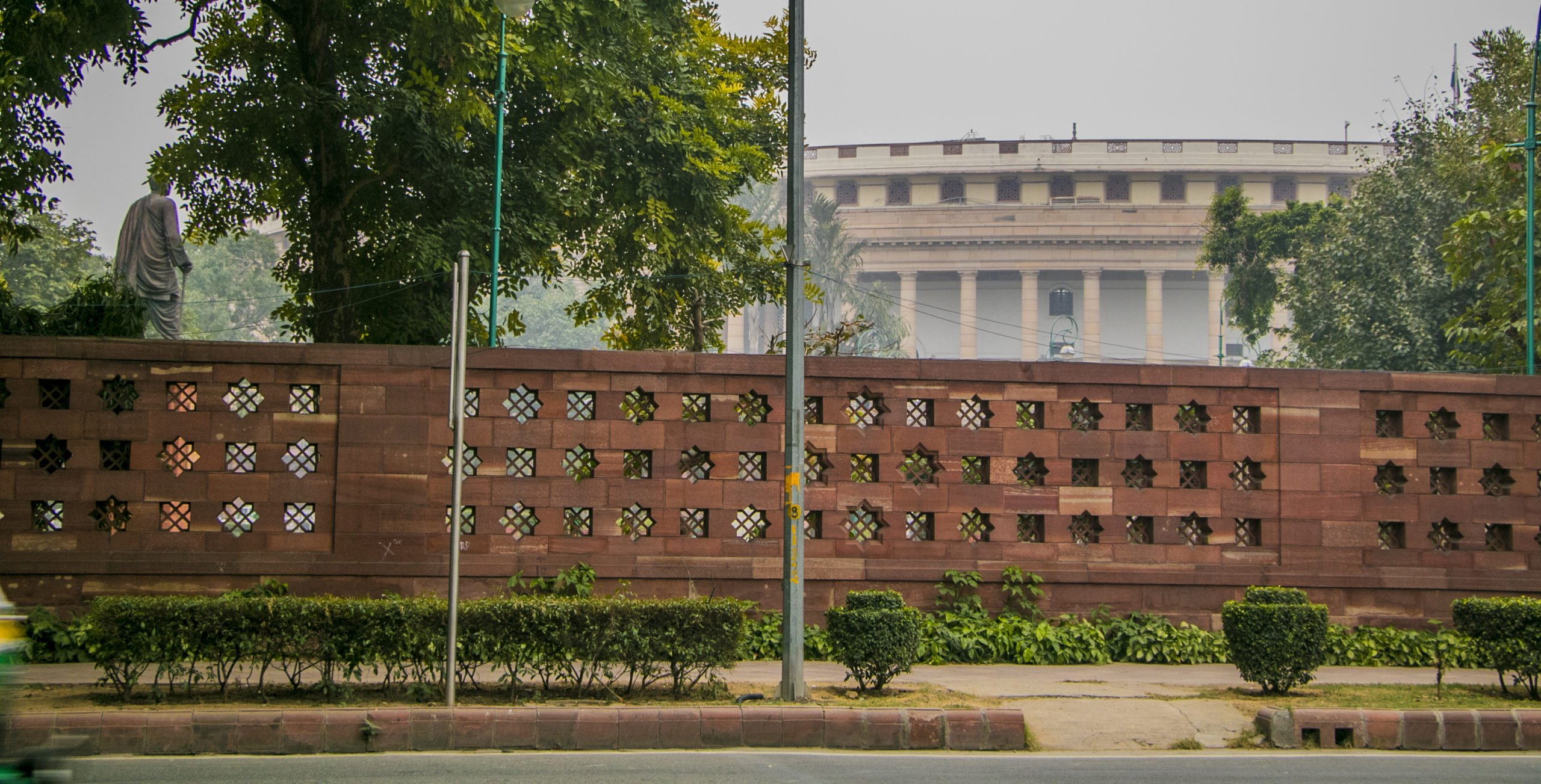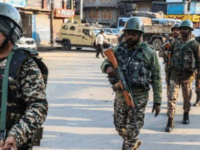The bill of democracy is due in India

In the recent monsoon session of parliament, the sitting central government of India has passed several bills into law on the floor of the house often in the absence of the opposition to debate or deliberate the actions and consequences of these laws. As the pressure on the Government increased due to its mishandling of the Manipur issues and PM’s silence on the matter, it was busy empowering itself and its allies in the big corporations at the expense of the working class.
Offshore Areas Mineral (Development and Regulation) Amendment Bill
This bill amends the Offshore Areas Mineral (Development and Regulation) Act, 2002, which regulated mining in maritime zones of India. The new Act introduced auctions by competitive bidding as a method for the allocation of “operating rights” in offshore areas. It also allows the government to reserve offshore areas that are not held under any operating rights. The amendments allow the administrative authority to grant a composite license or production lease to the government or a government company.
This puts added pressure onto the already sensitive ocean ecosystems off the shores of India. Many marine species are already at the risk of extinction and opening up the seashores for off sea mining is certainly not helping the cause.
The Mines and Minerals (Development and Regulation) Amendment Bill
The Mines And Minerals Amendment Bill allows the private sector to mine six out of 12 atomic minerals, such as lithium, beryllium, niobium, titanium, tantalum and zirconium. Currently, only government entities are allowed to mine atomic minerals. Also, the Act will now allow private sector entities to explore deep-seated and critical minerals, such as gold, silver, copper, zinc, lead, and nickel. The bill empowers the central government to exclusively auction mining leases and composite licences for critical minerals.
Cutting right through the farce the government displayed at the COP26 summit the government has laid bare that is doesn’t aim to cut down on its mining activities rather it aims to expand mining in hands of private corporations who simply do not see environmental protection on its agenda let alone the lives and working conditions of thousands of miners.
Forest (Conservation) Amendment Bill
This bill amends the Forest (Conservation) Act 1980 to extend and exempt specific types of land from the purview of the Act. It also restricts the conservation scope under the Act to only certain forest lands. The new law allows some non-forest activities on forest lands, like running zoos and ‘eco-tourism’ facilities. Further, the Act now permits the clearing of forests within 100 km of the national border for “strategic linear projects of national importance” without the Centre’s permission. The act redefines what a ‘forest’ is and states that only those lands that were notified as ‘forest’ under the Indian Forest Act 1927, or any other relevant law or were recorded as ‘forests’ in government records will be acknowledged as ‘forests’.
This furthers puts the delicate balance of many ecosystems as greater risk. Just by changing the definition and recognition of natural land cover of the soil doesn’t save the ecosystems from the adverse effects of the lumberjacks.
Digital Personal Data Protection Bill
Digital Personal Data Protection Bill seeks to regulate the collection, processing, use, storage, and transfer of personal data by organizations in India. The bill proposes the creation of a Data Protection Board of India and also sets out norms for data processing digitally for firms. The bill also seeks to create an adjudicatory mechanism for resolving disputes related to digital data. This law also enshrines how private or government entities can use or process citizens’ data such as name, address, email address, phone number, and biometric details. The bill exempts data processing by the State on grounds such as national security may lead to data collection, processing, and retention beyond what is necessary.
This bill gives the government access to sensitive personal data related to an individual’s racial or ethnic origin, political opinions, health, or sexual orientation in clear violation of privacy of individual at state expense. Given the history of this government it doesn’t deal with dissent and difference of opinion that doesn’t fit its own agenda politely it puts any form of opposition at further risk of persecution and also sets an adverse example for incoming governments to exploit the apparatus of state machinery of electoral benefits at the expense of democracy.
Government of NCT of Delhi (Amendment) Bill
This bill amends the Government of National Capital Territory of Delhi Act, 1991, and gives the Central Government more control over the administration of Delhi. The bill empowers the Central Government to make rules in connection with the affairs of the Government of the National Capital Territory of Delhi, including the functions, terms and other conditions of service of officers and employees.
The bill also establishes the National Capital Civil Services Authority (NCCSA), which will make recommendations to the Lieutenant Governor (LG) on transfers and postings, disciplinary matters, and vigilance matters of officers in Delhi. The new bill further empowers the LG to exercise his sole discretion on several matters, including those related to the NCCSA, the summoning, prorogation and dissolution of the Delhi Legislative Assembly, and the appointment of the Chief Minister and other ministers.
This controversial bill is a clear attack on the federalism and rights of state legislatures. It challenges the existing constitutional idea of India as a “Union of States”. It aims to deny powers to the State Legislature of the Delhi National Capital Region which in the last decade has electorally moved away from the BJP and given power to a party that is one of its biggest criticism. Such a bill can serve as a precursor to future such bills which can spread to various different states based on the comfort and conveniences of the Central government in dealing with dissent at regional levels.
CONCLUSION
It is clearly visible that this is an attack on and mockery of democracy, aimed to curb rights of workers and compromises with the future of the people via environmental protection. The ruling class will always advance itself by having a pro-ruling class party in power and having the workers devoid of a voice of their own.
Only a worker’s democracy though workers self-governance where issues like environmental protection, mineral resources of the nation and legislative structure of nations are under united democratic working-class control.
This system is failing and only people’s combined effort and action with full class consciousness can save our futures. Workers of the world unite!





